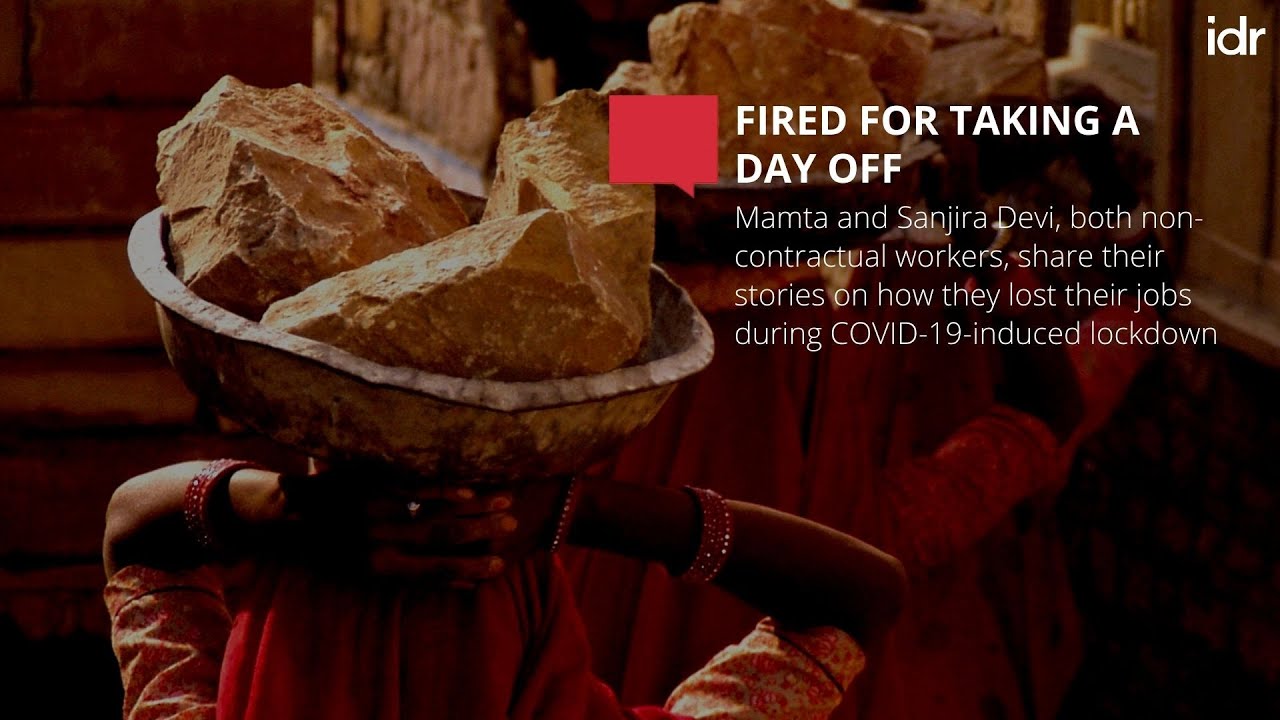Gurgaon district, Haryana Not all jobs lost during the lockdown have come back. From Gram Vaani’s work with informal and registered workers across industries in north and south India during and after the lockdown, we have learnt that even those who have found employment again are on shaky ground. They get jobs for fewer days in a week, have had to switch to informal and insecure employment, and have had to contend with drastic pay cuts. Data shows that younger workers and women in particular have struggled to recover their jobs. In an environment where labour laws are already curtailing labour rights in favour of employers’ profits, what are companies doing to stay in the clear while flouting their obligations to workers? This audio from Gram Vaani’s mobile radio platform ‘Mobile Vaani’ details tactics used by companies, especially on women, to employ and pay fewer people while avoiding regulatory compliances or the litigation that would come with mass layoffs. Women are fired for flimsy reasons, such as for taking one day off; are called in to work for fewer days; do not get paid for the days they have already worked but asked to take breaks for 10 days; and more. Women’s wages, already lower compared to men’s, often sustain the smaller but important aspects of household expenditure such as school supplies, clothes, and nutritious food. Fragmented, insecure employment pushes women’s work and its positive impact on themselves and their households, into further invisibility.



